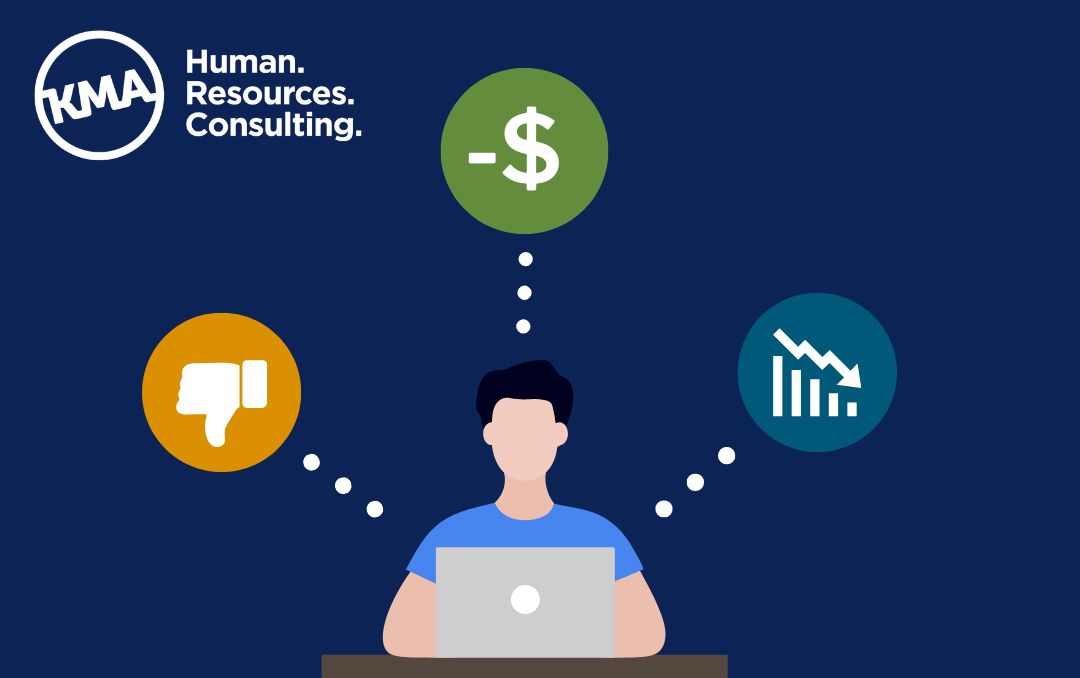As a business leader, data is one of your most powerful tools. This is especially true when it comes to employee compensation. Whether your organization has a formal compensation structure with defined pay bands or relies on more informal practices, using quality market data to inform pay decisions is key to building transparency, fairness, and trust within your workforce.
Today, employees are more informed – and more curious – than ever about how their pay stacks up. Artificial Intelligence (AI) tools and the abundance of crowd-sourced information online means your team can easily access (and misinterpret) compensation information. That’s why it’s crucial for leaders to not only understand what sources employees are using, but also to proactively ground their compensation strategy in valid, legally compliant, and high-quality data.
What Sources Are Employees Looking At?
When employees question their compensation or request a raise, they’re often referencing information they’ve found online. Here are three common sources:
Job Postings
 Job boards like Indeed estimate salary ranges for job postings, even when the employer hasn’t disclosed pay. These figures are not based on validated data, and can be misleading if used as benchmarks.
Job boards like Indeed estimate salary ranges for job postings, even when the employer hasn’t disclosed pay. These figures are not based on validated data, and can be misleading if used as benchmarks.
Internet Search Results
Websites like Glassdoor or Payscale aggregate user-submitted salary data. While this can provide a rough sense of market trends, it often lacks important context such as company size, industry, geographic region, job level, age of data, etc.
Artificial Intelligence Tools
AI platforms (like ChatGPT and others) that generate salary estimates typically pull from the same publicly available, crowd-sourced information. While useful for general insights, these tools don’t distinguish between high-quality, validated data and unverifiable input, which can create a false sense of accuracy.
Understanding these sources can help you have more informed, empathetic conversations with employees, and also help you correct any misconceptions they may have.
How Should Employers Collect Reliable Compensation Data?
To remain competitive in talent acquisition and retention, and ensure internal equity, employers need to go beyond internet search results and invest in reliable data. Here’s how:
Industry-Specific Salary Surveys
Many industry associations publish detailed compensation reports that reflect current pay trends within specific sectors. These are often highly relevant and useful for benchmarking.
Validated, HR-Reported Compensation Surveys
Consider investing in professional compensation surveys managed by HR research firms. These surveys include anonymized, verified data directly reported by employers. They often categorize results by company size, region, and job level, offering a clear and accurate source of data.
Consult a Compensation Professional
If interpreting salary data feels overwhelming, reach out to a qualified HR consulting firm, like KMA to guide you through benchmarking and developing sustainable compensation strategies.
A Legal Note on Sharing Salary Data: Avoiding Violations of the Sherman Anti-Trust Act
While it may be tempting to reach out to a peer at another company to ask about their pay practices, doing so directly could expose your business to legal risk. The Sherman Anti-Trust Act, a foundational U.S. antitrust law, prohibits not only price-fixing but also wage-fixing – agreements or actions among competitors that suppress or standardize wages.
This law has been increasingly enforced in employment contexts, particularly where employers exchange wage information that could reduce competition for talent. Directly calling a competitor to ask, “What do you pay your engineers?” could potentially be construed as anti-competitive behavior.
So how can companies stay compliant?
There is a legal safe harbor:
An exchange of compensation data is generally considered lawful if it is conducted by a neutral third party, and the data is aggregated, anonymized, and at least 3 months old.
This means you should never attempt to collect current salary data from other employers directly. Instead, use independent, third-party compensation surveys or rely on experts, like the compensation team at KMA, to ensure compliance with these standards.
Reach out to us today to get started!
